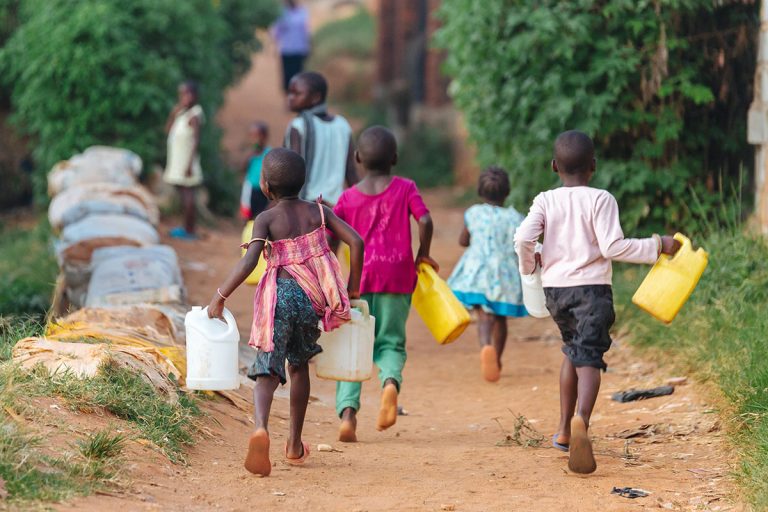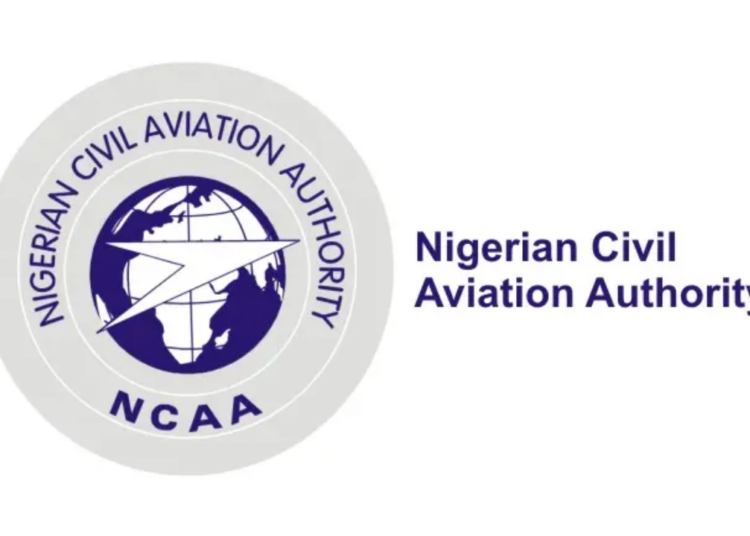The Federal Government has unveiled a new initiative to reduce the number of out-of-school children and address literacy challenges across Nigeria.
Through the National Commission for Mass Literacy, Adult and Non-Formal Education (NMEC), the government on Tuesday in Abuja began a two-day training for enumerators on automated data collection tools.
Acting Executive Secretary of NMEC, Dr. John Onimisi, said the programme aims to enroll over 500,000 learners in its first phase, focusing on youths aged 15 and above who either dropped out of school or never had the chance to complete formal education.
He explained that the intervention would combine literacy with vocational training, enabling participants to transition into skill acquisition programmes after completing their learning cycle.
“Our goal is to ensure these learners are enrolled in non-formal education centres and supported to finish successfully. Some will also move into vocational training afterwards,” Onimisi stated.
The scheme will be implemented across all 774 local government areas, with 376 trained enumerators deployed nationwide and 250 facilitators piloting the Abuja rollout.
For accountability, Onimisi revealed that data monitoring would be conducted in real time through a dashboard linked to the National Identity Management System (NIMS), ensuring proper tracking of learners.
“This marks the first large-scale literacy data exercise by NMEC since the 2010 National Literacy Survey. The delay has been due to funding constraints. This intervention reflects government’s renewed commitment to bridging literacy gaps,” he said.
The literacy cycle will last between six to nine months, depending on contact hours.
He also commended the Minister of Education, Dr. Tunji Alausa, and the Universal Basic Education Commission (UBEC) for supporting the initiative.
NMEC’s Director of Programmes, Mr. Samuel Aziba, added that the training would equip enumerators with digital tools for effective data collection, noting that a pilot phase would start in four Abuja locations before nationwide expansion.
According to NMEC, Nigeria had over 30 million non-literate adults as of 2021, underscoring the urgency of the programme.





